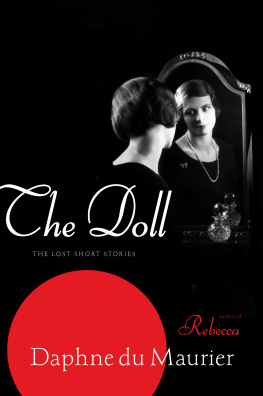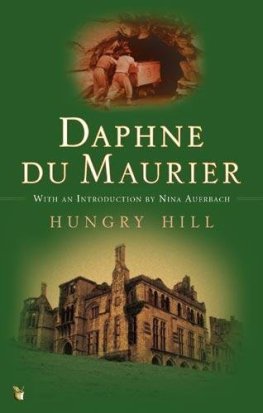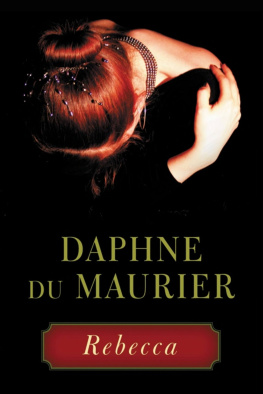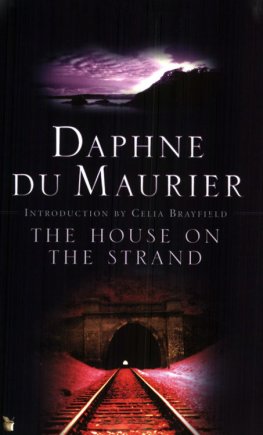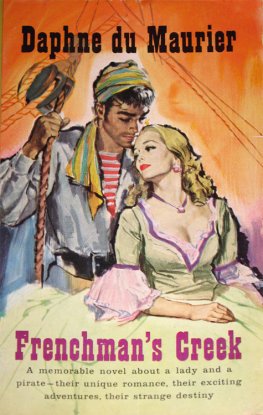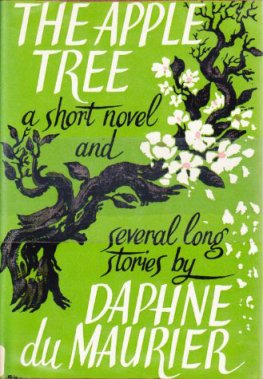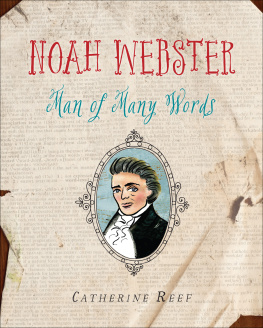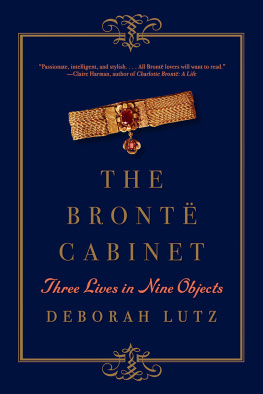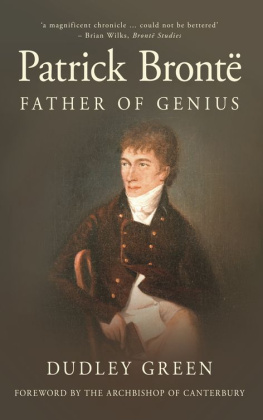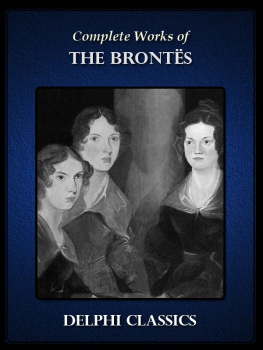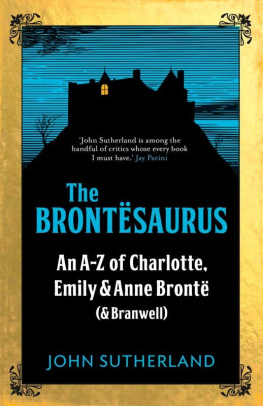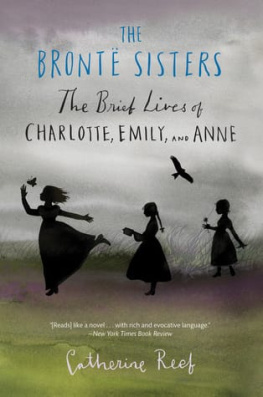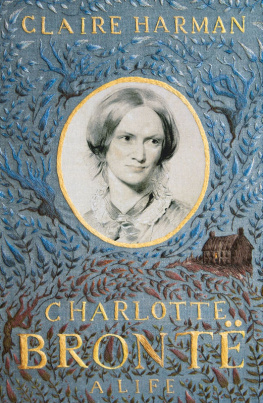This book made available by the Internet Archive.
To J. Alex Symington, compiler and editor of The Shakespeare Head Bronte, whose lifelong interest in Patrick Branwell Bronte stimulated my own, and encouraged me to undertake the present study.
I therefore purpose not, or dream, Descanting on his fate,
To give the melancholy theme A more enduring date:
But misery still delights to trace Its 'semblance in another's case.
No voice divine the storm allay'd No light propitious shone;
When, snatched from all effectual aid, We perished, each alone: But I beneath a rougher sea, And whelm'd in deeper gulphs than he.
The Castaway, William Cowper.
ACKNOWLEDGMENTS
I wish to thank the Council of the Bronte Society for permission to quote from manuscripts and transcripts in the Bronte Parsonage Museum; the keeper of the Brotherton Collection, the Brotherton Library, University of Leeds, for allowing me access to manuscripts and transcripts in his care; and the keeper of the Department of Manuscripts, British Museum, for giving me permission to make transcripts of manuscripts in the Ashley Library. I wish in particular to thank Mr. Harold G. Mitchell, Custodian of the Bronte Parsonage Museum, for his unfailing kindness and good humour in answering my questions; Joan St. George Saunders for her prompt help in research and her transcription of the manuscript Percy; Miss O'Farrell and Mrs. D'Arcy Hart for their transcription of A New Years Story and The Wool is Rising; Miss Brunskill for her search through the Robinson deed box; Miss Dorothy Bates for her sleuth-like activities in Sowerby and Luddenden; and above all Sheila Hodges for the great patience, sympathy and skill with which she revised and edited my completed work.
PREFACE
When Mrs. Gaskell published her life of Charlotte Bronte in 1857, she painted so vivid a picture of life at Haworth parsonage, and of the talented, short-lived family who dwelt within its walls, that every Bronte biography written since has been based upon it.
A hundred years have gone by, the biography is still unsurpassed, but during the intervening time much has come to light about the early writings of the young Brontes, proving that from childhood and on through adolescence they lived a life of quite extraordinary fantasy, creating an imaginary world of their own, peopled with characters more real to them than the inhabitants of their father's parish. Charlotte Bronte's Jane Eyre, Emily Bronte's Wuthering Heights, Anne Bronte's The Tenants of Wildfell Hall were all famous novels and their authoresses dead when Mrs. Gaskell came to write about them. What she did not realise was that none of these novels would have come into being had not their creators lived, during childhood, in this fantasy world, which was largely inspired and directed by their only brother, Patrick Branwell Bronte.
Neither Mrs. Gaskell nor Mr. Bronte suspected that under the parsonage roof there were manuscripts, written by Branwell and Charlotte, which ran into many hundreds of thousands of words far more than the published works of Charlotte, Emily and Anne. Although, on examination, Branwell's manuscripts show that he did not possess the
THE INFERNAL WORLD
amazing talent of his famous sisters, they prove him to have had a boyhood and youth of almost incredible productivity, so spending himself in the process of describing the lives and loves of his imaginary characters that invention was exhausted by the time he was twenty-one.
Mr. Bronte, their father, writing to Mrs. Gaskell after she had published the biography of his daughter Charlotte, told her: "The picture of my brilliant and unhappy son is a masterpiece." He did not understand, any more than Mrs. Gaskell, that the "brilliance" existed to a great extent in his own imagination, the pride of a lonely widower in the extraordinary precocity and endearing liveliness of a boy whose supposed genius disintegrated with the coming of manhood; whose unhappiness was caused, not by the abortive love-affair described by Mrs. Gaskell with such gusto, but by his inability to distinguish truth from fiction, reality from fantasy; and who failed in life because it differed from his own "infernal world."
One day, perhaps, all the manuscripts which poured from BranwelTs pen will be transcribed, not for the Bronte student only, but for the general reader. One day the definitive biography of this tragic young man will be published. Meanwhile, many years of interest in the subject, and much reading, have prompted the present writer to attempt a study of his life and work which may serve as an introduction to both. If it brings some measure of understanding for a figure long maligned, neglected and despised, and helps to reinstate him in his original place in the Bronte family, where he was, until the last years of disintegration, so loved a person, then this book will not have been written in vain.
Cornwall, 1960 Daphne du Maurier
CHAPTER ONE
He died on Sunday morning, the 24th of September, 1848. He was thirty-one years old. He died in the room which he had shared with his father for so long, and in which, as a little boy, he had awakened to find the moon shining through the curtainless windows and his father upon his knees, praying. The room, for too many months now, had been part refuge and part prison-cell. It had been refuge from the accusing or indifferent eyes of his sisters, refuge from the averted gaze of his father, whose offer of help in dressing spelt reproach. But when he was alone again, the family downstairs and about their business, only the familiar sounds of day-by-day penetrating his solitude the cry of a child in the road, the chiming of the church clock, the opening and closing of the garden gate as someone called upon parish concerns then the room turned to the cold walls of a dungeon, or, worse, oppressed him with the stifling weight of a tomb beneath whose heavy stone the dead-alive know perpetual suffocation. The minutes would tick away to half-past twelve or half-past four for the hours of day were meaningless once appetite was lost and the routine of life relinquished; and the slow cough of the clock on the stairs proceeded inexorably towards that half-choke before the hour, followed at once by the stroke from the church, with
THE INFERNAL WORLD
no pause or respite. Eternal reproach, eternal accusation.
"I know only that it is time for me to be something when I am nothing. That my father cannot have long to live, and that when he dies my evening, which is already twilight, will become night. That I shall then have a constitution still so strong that it will keep me years in torture and despair when I should every hour pray that I might die."
Next page

